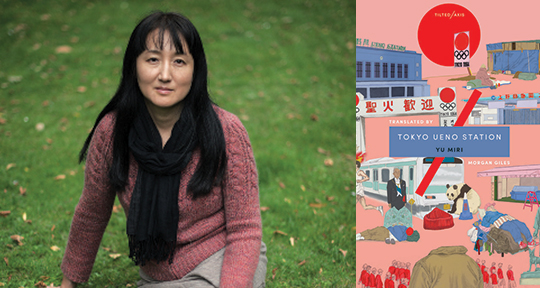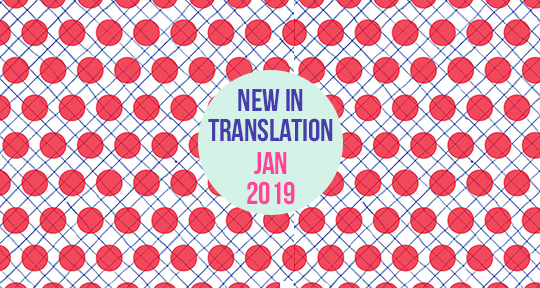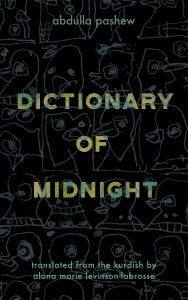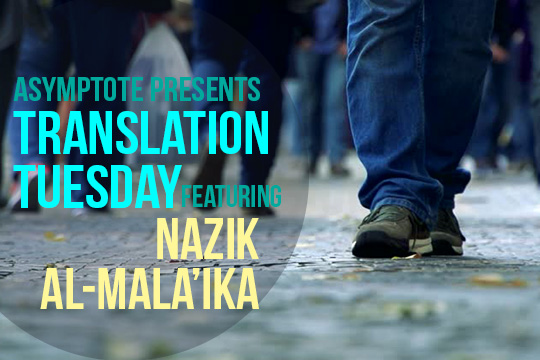Tokyo Ueno Station by Yū Miri, translated from the Japanese by Morgan Giles, Tilted Axis Press, 2019
Tokyo Ueno Station, originally published in Japanese in 2014, is Yū Miri’s latest novel to arrive in English via the efforts of translator Morgan Giles and publisher Tilted Axis Press. Yū Miri was born in Yokohama, Japan, as a Zainichi, or a Korean living permanently in Japan. In 1997, she was awarded Japan’s prestigious Akutagawa Prize for her semi-autobiographical novel Kazoku Shinema (Family Cinema). Her past writing has explored damaging family relationships and outsider identity in a predominantly homogenous Japanese society.1
In Ueno Park, one of Tokyo’s most famous public grounds, the blue tents of homeless communities, or “squatters,” have become an unfortunate icon. A simple Google search of “homeless Ueno Park” will return videos, articles, and even tourist reviews of the park, detailing the homeless camps found there. In Tokyo Ueno Station, Miri tells the story of a homeless man named Kazu who lives in one of these camps. Told from Kazu’s perspective, the novel reflects on the tragic events that landed him finally under the blue tents of Ueno Park. But no story can exist or be told in isolation: Yū Miri brings the periphery of tragedy into focus in dreamy, kaleidoscopic visions, intertwining Kazu’s past, the history of Ueno Park, and the state of modern Japanese society. Tokyo Ueno Station is a shattered mirror of prose, made of misshapen shards that don’t always connect but together reflect an image of a lost life and inevitable misfortune.





